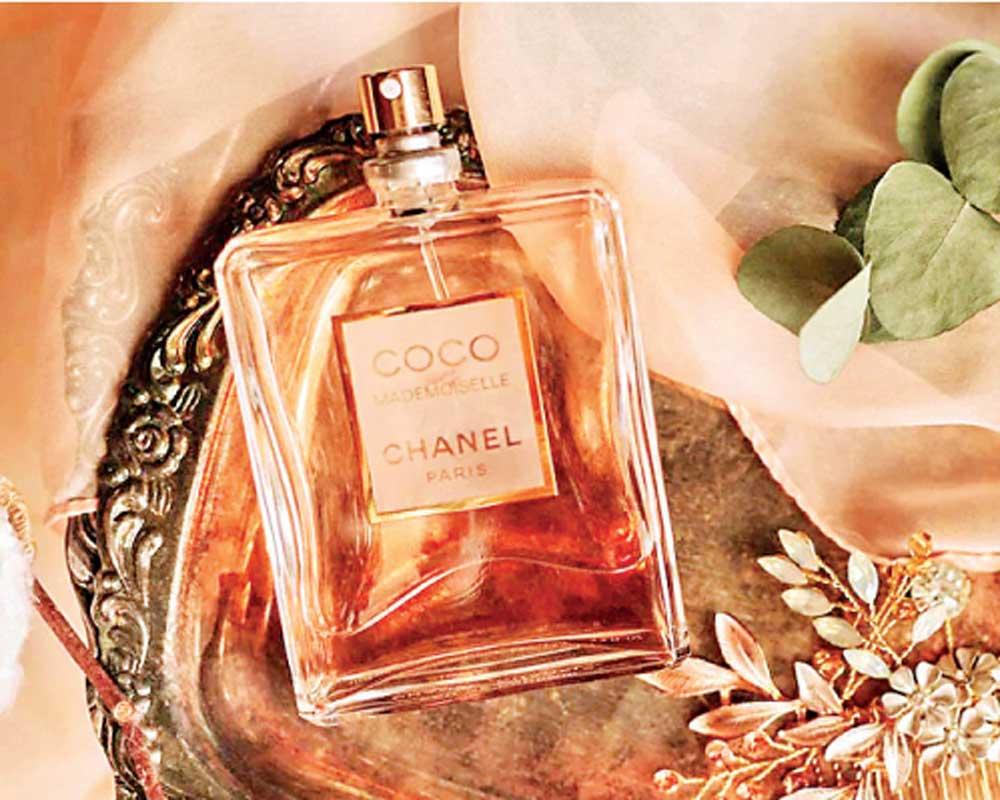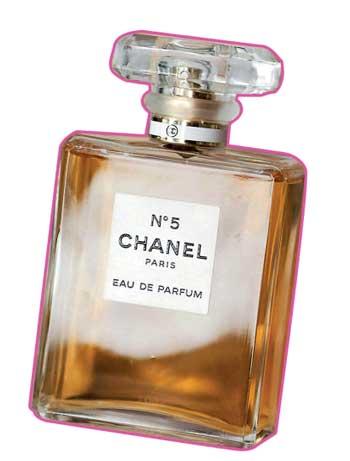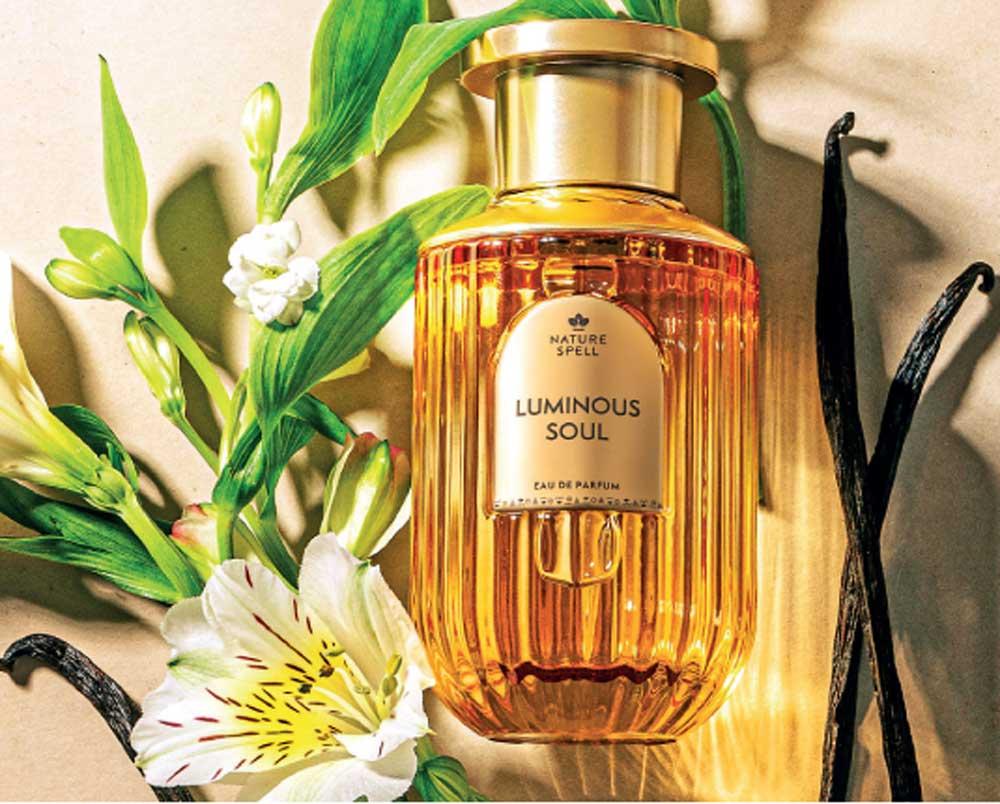
First impressions are formed within seconds, and while visual cues like clothing, body language, and facial expressions play a crucial role, an often-overlooked factor is scent. Perfume has the remarkable ability to evoke emotions, create memories, and influence our perceptions. The psychology behind fragrance is deeply intertwined with human evolution, cognitive science, and social behaviour, making it an intriguing subject for exploration. This article delves into the impact of different scents on first impressions, explore the history and science behind scent perception, and provide practical guidance on how individuals can strategically use fragrance to make a lasting impression.
A Brief History of Fragrance
The earliest traces of perfume date back to antiquity, where ancient civilizations used natural ingredients such as flowers, herbs, and resins to create fragrances, often for religious, spiritual, and therapeutic purposes. The Sumerians, an ancient people in Iraq, are considered pioneers in perfumery, with clay tablets from around 3000 BC containing detailed recipes for perfumes and incense. Perfume was deeply tied to religious practices, used in temples to honor deities, and served as a status symbol for the elite during important ceremonies.
Around 1200 BC, a woman named Tapputi in Mesopotamia became the first recorded chemist and perfumer. She refined perfumery by using distillation techniques to blend flowers, oils, and resins, marking a turning point in fragrance creation. Later, the Egyptians advanced perfumery, utilizing myrrh, frankincense, and rose in religious offerings, embalming rituals, and personal grooming. The Greeks and Romans further refined perfume-making, introducing scented oils and baths as symbols of luxury and status. During the Renaissance, European aristocracy embraced perfumes, with French perfumers revolutionizing the industry. Today, fragrance is not only a symbol of elegance and sophistication but also a powerful tool for self-expression and emotional influence.
The Science Behind Fragrance Perception

The human sense of smell is directly linked to the limbic system, the part of the brain responsible for emotions and memory. Unlike other senses, which are processed in the thalamus before reaching the brain’s cortex, scent has a direct route to areas associated with emotional responses. This explains why certain fragrances can trigger nostalgia or strong emotions instantaneously. Studies show that individuals can recall smells with a higher accuracy than visuals or sounds. This phenomenon, known as the “Proustian memory effect”, demonstrates the deep connection between scent and memory. As a result, a person’s perfume can influence not only immediate reactions but also long-term associations with their presence.
Fragrance and Personality Perception
 Perfume choice is an extension of personality and can shape how others perceive an individual. Different fragrance families evoke distinct associations:
Perfume choice is an extension of personality and can shape how others perceive an individual. Different fragrance families evoke distinct associations:
Floral Scents (rose, jasmine, lavender): Often associated with femininity, warmth, and approachability. These scents tend to create an impression of kindness and charm.
Citrus Scents(lemon, bergamot, orange): Known for their fresh and energetic appeal, they often make the wearer seem lively, optimistic, and confident.
Woody Scents (sandalwood, cedarwood, patchouli): These evoke a sense of sophistication, depth, and stability, often linked to confidence and maturity.
Oriental and Spicy Scents (vanilla, cinnamon, amber): Associated with sensuality and mystery, these fragrances can create an aura of intrigue and allure.
Aquatic and Fresh Scents (marine, green tea, cucumber): Convey cleanliness, professionalism, and a relaxed demeanor.
The type of scent an individual wears can, therefore, shape how they are perceived by others, either reinforcing or contradicting their intended image.
Gender and Cultural Influences on Scent Perception

Fragrance perception varies based on gender and cultural backgrounds. In Western cultures, floral and sweet scents are often associated with femininity, while musky or woody notes are considered more masculine. However, in Middle Eastern and South Asian cultures, stronger, more exotic scents such as oud, amber, and incense are commonly worn by both men and women. Research also suggests that certain scents elicit different reactions based on gender biases. For example, a study published in the “Journal of Applied Social Psychology” found that men who wore musk-based cologne were perceived as more attractive and dominant, while women wearing vanilla-based scents were seen as more nurturing and affectionate.
The Role of Fragrance in Social and Professional Settings
Fragrance plays a subtle yet significant role in different social and professional contexts. In job interviews, for example, a fresh and mild scent can create an impression of professionalism and reliability. Overpowering fragrances, however, can have the opposite effect, making the wearer seem overwhelming or inconsiderate. In dating scenarios, scent is a crucial factor in attraction. Pheromones, natural chemicals emitted by the body, contribute to subconscious attraction, but perfumes can enhance or mask these natural signals.
Studies have shown that people are more likely to feel drawn to those whose scents complement their natural body chemistry. For instance, men often respond positively to vanilla and lavender-based fragrances, while women tend to be attracted to scents with woody and spicy notes.
Choosing the Right Fragrance for the Right Occasion
Just as people dress differently for various occasions, selecting the appropriate fragrance is equally important. Here are some fragrance recommendations for different settings:
Workplace: Light, fresh, or citrus-based scents (e.g. green tea, bergamot) to maintain professionalism and avoid overwhelming colleagues.
Casual outings: Floral and fruity scents (e.g. jasmine, apple) to project a relaxed and friendly vibe.
Evening events: Spicy, woody, or oriental notes (e.g. amber, patchouli) for sophistication and allure.
Romantic dates: Warm and sensual scents (e.g. vanilla, musk) to create an intimate and inviting atmosphere.
The Psychological Impact of Wearing a Signature Scent
Many individuals adopt a “signature scent”, a fragrance that becomes synonymous with their identity. Wearing a familiar perfume can boost confidence, reinforce self-image, and even influence mood. Research in “psychological aromatherapy” suggests that scents can impact emotional well-being citrus fragrances can uplift mood, while lavender can promote relaxation. Furthermore, a signature scent helps establish a memorable presence. Just as a brand is recognized by its logo and colors, a person can be remembered through their distinctive fragrance.
Bottom Line
Fragrance psychology underscores the profound impact scent has on first impressions. Perfume not only enhances personal appeal but also conveys personality, influences social interactions, and shapes how individuals are perceived in different settings. By understanding the science behind fragrance perception and choosing scents strategically, one can harness the power of scent to leave a lasting and positive impression. Whether in professional environments, social gatherings, or romantic encounters, the right perfume can serve as an invisible yet powerful accessory that speaks volumes without a single word.











